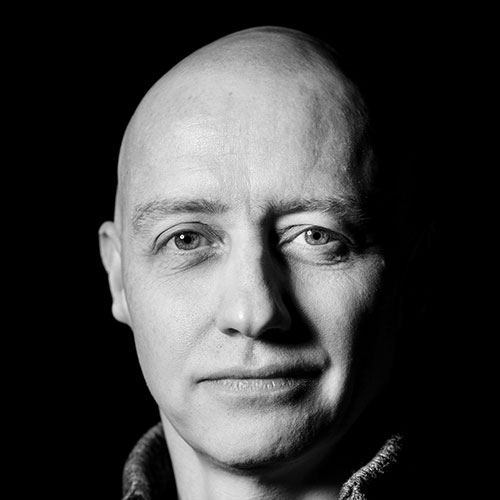The Demise of Big Data — Making Intelligent Insights at the Edge
The current age where privacy is no longer “a social norm” may not long survive the coming of the Internet of Things. Big data is all very well when it is harvested quietly, silently, and stealthily behind the scenes. To a lot of people, the digital Internet still isn’t the as real as the outside world. But it’s going to be a different matter altogether when your things tattle on you behind your back.
The recent scandals and hearings around the misuse of data harvested from social networks has surfaced long standing problems around data privacy and misuse, while the GDPR in Europe has tightened restrictions around data sharing. However the new generation of embedded devices, and the arrival of the Internet of Things, may cause the demise of large scale data harvesting entirely.
In its place smart devices will allow us process data at the edge, making use of machine learning to interpret the most flexible sensor we have, the camera. Interpreting camera data in real-time, and abstracting it to signal rather than imagery, will allow us to extract insights from the data without storing potentially privacy and GDPR infringing data.
While social media data feeds provides ‘views’, lots of signal, it provides few insights. Processing imagery using machine learning models at the edge, on potentially non-networked enabled embedded devices, will allow us to feedback into the environment in real time closing the loop without the large scale data harvesting that has become so prevalent. In the end we never wanted the data anyway, we wanted the actions that the data could generate. Insights into our environment are more useful than write-only data collected and stored for a rainy day.
Session takeaways
- How machine learning on device allows processing of data and decision making in real time without reference to the cloud
- Implications for current business models built around large scale data harvesting
- Some ideas around the legal, ethical, and privacy implications of the technology
Bio
Alasdair Allan is a scientist, author, hacker, maker, and journalist. An expert on the Internet of Things and sensor systems, he’s famous for hacking hotel radios, deploying a 500-node mesh sensor network at Google I/O, and for revealing, back in 2011, that Apple’s iPhone was tracking user location constantly. He has written eleven books, and writes regularly for Hackster.io and other outlets. A former astronomer, he also built a peer-to-peer autonomous telescope network that detected what was, at the time, the most distant object ever discovered.
